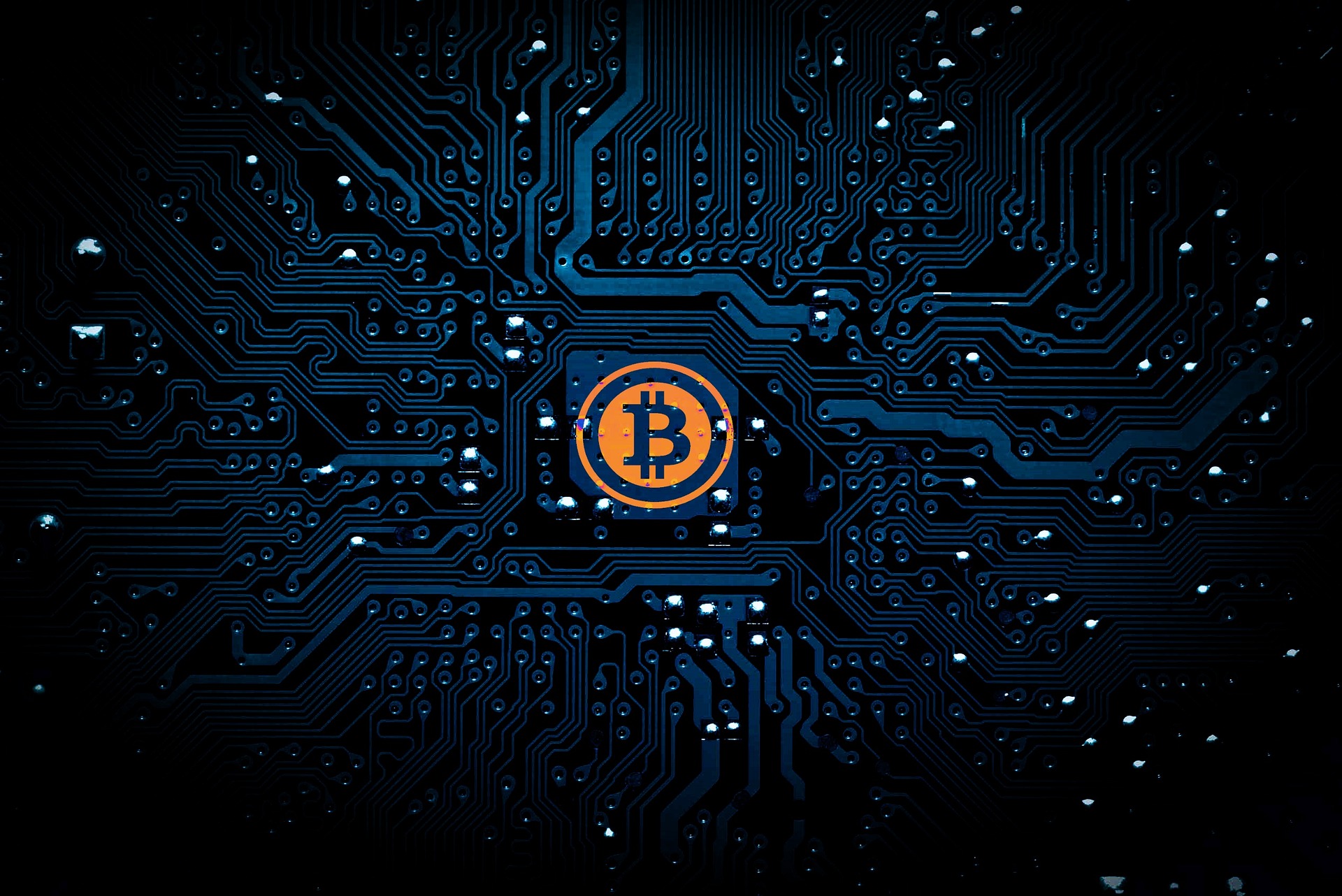Don’t get me wrong, I’m a big fan of innovative technology. Blockchain, in particular, is fascinating. The promise of a decentralized digital currency has incredible potential for the worlds economies, fundamentally changing the way we can trade and transact. But blockchain currency also has a dark side - one that has increasingly emerged as of late - the power to hold data ransom in exchange for untraceable payment in Bitcoin. The future potential Bitcoin is now being overshadowed by transactions being conducted on the dark web by hackers converting bounty generated from ransomware. The FBI estimated ransomware to be over $1.6 billion US in 2016. Many estimates claim that could be double or triple the volume in 2017.
Along with the rise in ransomware attacks, the value of Bitcoin has increased, largely driven by the need to convert hard currency into Bitcoin for ransom payment. It is difficult to determine the value of these transactions as many of these attacks go unreported. One recent payment for ransomware in South Korea was equivalent of $1 million US (Petya Ransomware June 20th 2017). No matter how you look at it, the value of Bitcoin is largely influenced by dark web transactions for ransomware, illegal drugs, and money laundering. Proponents of Bitcoin and other blockchain currencies are obviously aware of this but as they see the value of the currency grow on this dark web demand, it creates a dilemma. The total number of Bitcoin (BTC) is fixed @ 21 million coins, so increased demand increases the value of BTC precipitously.
For Bitcoin to gain any further legitimacy, it must shake the shady reputation or risk having governments push to curb and control blockchain exchanges themselves. There are very few legitimate merchants accepting Bitcoin as a standard method of payment. You can’t buy a car or a house, or even a coffee with Bitcoin. No leading merchants accept Bitcoin. To pay for something outside of the criminal realm, Bitcoin needs to be converted to a national currency through an exchange. These exchanges have opened the floodgates on unregulated money laundering on a global scale, allowing hackers to financially benefit from their dirty deeds, free of having law enforcement on their trail. Money is free flowing from countries like China, Russia, North Korea, and Iran via exchanges. North Korea has been suspected to be behind the recent WannaCry Ransomware, possibly testing the waters for a much larger attack to follow.
Many national banks and international financial regulators are calling for action. The National Bank of Canada recently stated regulation of Bitcoin is absolutely necessary or it will not survive. Regulation, in whatever form it takes, will be difficult as blockchain transactions don’t behave like other hard currency transactions. If Bitcoin, as a movement, takes initiative to place some level of control over these exchanges they could possibly head off a heavy handed approach that may be coming from countries that are increasingly feeling pressure from business interests and individuals being impacted by ransomware.

